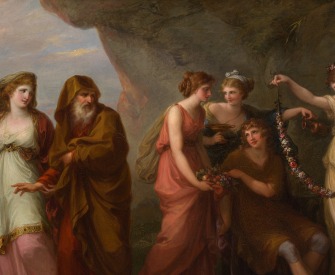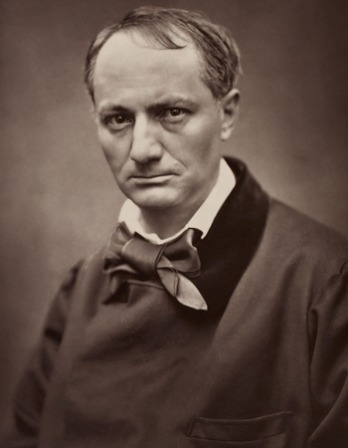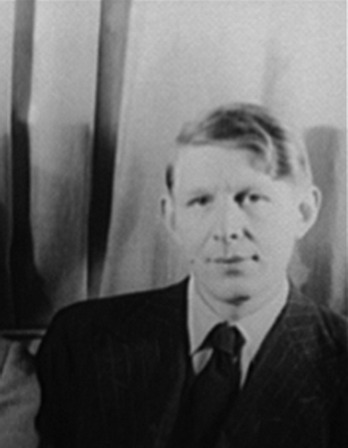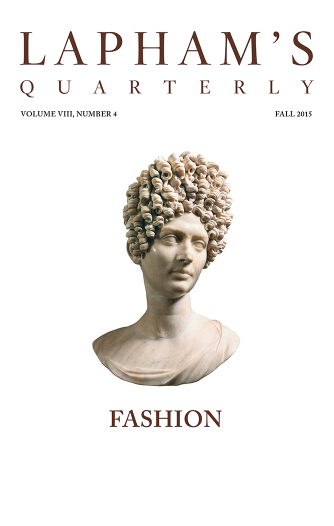The poets make Fame a monster. They describe her in part finely and elegantly, and in part gravely and sententiously. They say, look how many feathers she hath, so many eyes she hath underneath, so many tongues, so many voices, she pricks up so many ears.
This is a flourish; there follow excellent parables: as that she gathereth strength in going, that she goeth upon the ground and yet hideth her head in the clouds, that in the daytime she sitteth in a watchtower and flieth most by night, that she mingleth things done with things not done, and that she is a terror to great cities. But that which passeth all the rest is, they do recount that the earth, mother of the giants that made war against Jupiter and were by him destroyed, thereupon in an anger brought forth Fame, for certain it is that rebels (figured by the giants) and seditious fames and libels are but brothers and sisters, masculine and feminine. But now if a man can tame this monster, and bring her to feed at the hand and govern her, and with her fly other ravening fowl and kill them, it is somewhat worth. But we are infected with the style of the poets. To speak now in a sad and a serious manner, there is not in all the politics a place less handled and more worthy to be handled than this of fame.
Fame is of that force as there is scarcely any great action wherein it hath not a great part, especially in the war. Julius Caesar took Pompey unprovided, and laid asleep his industry and preparations by a fame that he cunningly gave out how Caesar’s own soldiers loved him not, and being wearied with the wars, and laden with the spoils of Gaul, would forsake him as soon as he came into Italy. Livia settled all things for the succession of her son Tiberius by continual giving out that her husband Augustus was upon recovery and amendment. There be a thousand such like examples, and the more there are the less they need to be repeated, because a man meeteth with them everywhere. Therefore let all wise governors have as great a watch and care over fames as they have of the actions and designs themselves.
“A Fragment of an Essay on Fame.” One of three hundred men dubbed knights by King James I in 1603, Bacon published “The Wisdom of the Ancients” in 1609, was named attorney general in 1613, and became Lord Chancellor in 1618. Reports from the new colonies in Virginia inspired Bacon’s idea of a land in which science liberated man from the constraints of nature as depicted in “The New Atlantis,” published in 1624.
Back to Issue





